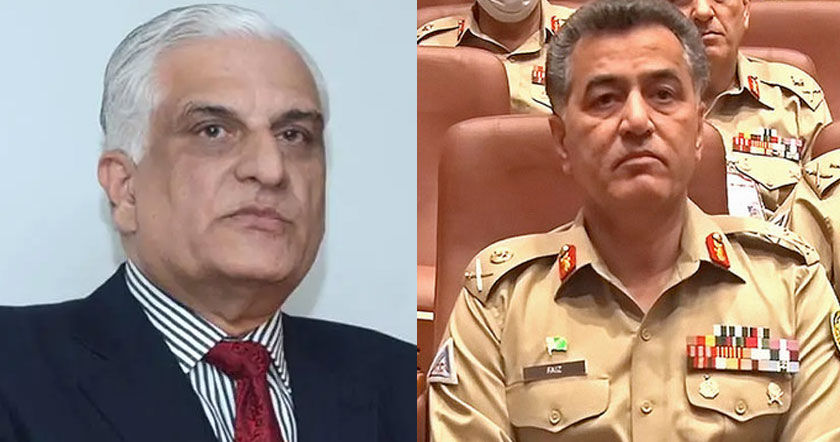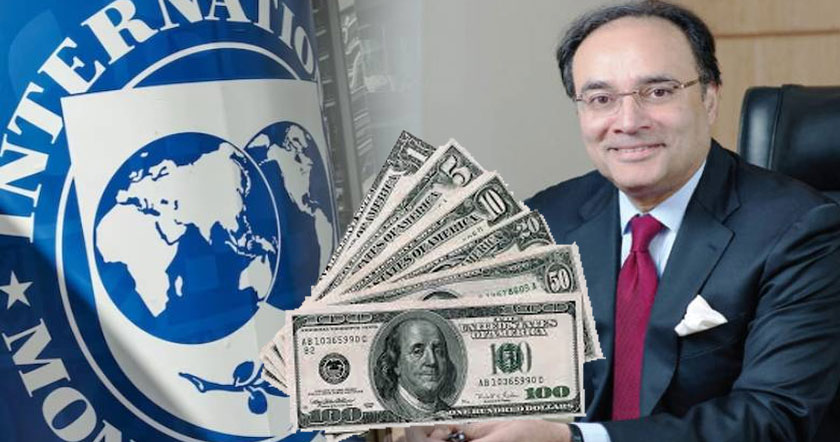
KARACHI: Famed Pakistani scientist and Prime Minister Imran Khan’s aide on Science and Technology Dr Atta-ur-Rehman on Tuesday said that the coronavirus vaccine developed by a Chinese pharmaceutical firm is “better suited for Pakistan and other developed countries”.
Talking to Geo Pakistan regarding the Phyizer’s COVID-19 vaccine, Dr Atta said that “it is too early to celebrate” the success despite the manufacturer claiming that it is more than 90% effective.
“Pakistan is conducting trials of two Chinese vaccines which are also showing positive results,” he added.
“One Chinese vaccine, by Sinopharm, is in phase 3 clinical trials and has shown good results in multiple countries but they have not highlighted it like Pfizer and are working quietly,” said Dr Rehman. He added that the trial of the vaccine is being administered in Karachi University’s International Centre for Chemical and Biological Sciences and Indus Hospital.
The Task Force chairman also said that the company has also committed to giving the vaccine to Pakistan at “reasonable rates”. He shared that another Chinese vaccine’s phase 3 clinical trial is being administered at the National Institute of Health.
Dr Rehman said that Chinese vaccines can also be transported in normal temperatures and do not have to be kept at -80°C degrees which he believes makes it better “suited for Pakistan and third world countries”.
“There are 12 company’s who’s vaccine are in phase 3 of clinical trial and Pfizer was one of them. And Chinese companies are ahead,” said Dr Rehman.
‘Phizer vaccine has 5 problems’
Dr Atta ur Rehman said that in his opinion Pfizer vaccine was not suitable for Pakistan due to various reasons.
“We should not think much about this vaccine, instead focus on other vaccines that are being developed and have seen similar results but haven't been announced with fanfare. They are working quietly,” said Dr Rehman.
Explaining his reasoning, the scientist said he is cautioning because he believes that the vaccine has “five problems” to deal with right now.
“The first problem is that the US drug regulatory authority has not given the approval, which will take two months,” said Dr Rehman. He added that the regulatory bodies will have to see the results first then allow the company to move on to the next stage of the vaccine finalisation process.
The other problem that the scientist highlighted was that the vaccine needs to be kept at a temperature of -80 °C, which in his view was a major problem for third world countries, including Pakistan.
The former HEC chairman said that the third world countries, including Pakistan, do not have the “cold chain” that will allow them to transport the vaccine in required temperatures from the point of origin to the hospitals.
“The third biggest problem is that you do not know for how many days it is effective,” said Dr Rehman. He explained that right now there was no “evidence or any result” that has been seen by Pfizer and BioNTech to determine its effectiveness.
“In the beginning, it is effective but [you don’t know] for how many months the anti-bodies remain in your body,” said Dr Rehman.
The other two problems shared by Dr Rehman was of large scale production which he feels would take a year to reach subject to the vaccine passing all the steps required. The last problem he shared was of the price of the vaccine.
‘Pfizer vaccine over 90% effective’
Large-scale trials of a coronavirus vaccine candidate produced by Pfizer/BioNTech has revealed that it is 90% effective, said the manufacturer in a statement on Monday.
In what is being touted as possibly the biggest news regarding the virus ever since it originated, the vaccine's effectiveness can mean in can hit the markets for treatment by the year's end in some countries of the world.
The study shows that people who received two doses as part of the trial saw 90% fewer symptomatic cases of COVID-19 than participants who were given a placebo.
"Today is a great day for science and humanity. The first set of results from our phase 3 COVID-19 vaccine trial provides the initial evidence of our vaccine’s ability to prevent Covid-19,” said Dr Albert Bourla, the Pfizer chairman and chief executive.
The study focused on 94 participants out of a total number of 43,000 people. These participants were offered the two-dose vaccine and 28 days after they received their first inoculation, remained protected.
"To me, this is the best possible outcome,” Ugur Sahin, co-founder and chief executive of BioNTech told the Financial Times.
Pfizer expects to produce 50 million vaccine doses in 2020 and up to 1.3 billion doses by 2021

'Chinese coronavirus vaccine better suits Pakistan'
Dr Atta-ur-Rehman says Phizer's coronavirus vaccine has five major problems









































